I’d seen this credited as the first gangster movie, so I had to check it out. While it isn’t as complex as later gangster movies would become, it certainly kicked the genre off with a bang. Elmer Booth shines as Snapper, leader of the Musketeers gang. He bears more than a passing resemblance to James Cagney, who would come to define the role of the gangster 20 years later. The similarity goes beyond the physical, as his mannerisms are much the same as those that Cagney, and another portrayer of gangsters on the big screen, Edward G. Robinson, would affect in later years.
While Elmer Booth never had the chance to become a big star, as his life ended a few years later in a car accident, many in this picture did. A young Lillian Gish, who would soon become one of Hollywood’s biggest female stars, plays the Little Lady, wife to the Musician. Harry Carey, destined for massive fame as a Western star, plays Snapper’s lieutenant. Several other future stars appear in cameo roles, including Lionel Barrymore, Dorothy Gish, and Jack Pickford.
Martin Scorsese paid respect to this film when he shot his own gangster masterpiece, Goodfellas. While most of that film was shot on location in Queens, New York, he went to Fort Lee, New Jersey to shoot some scenes that take place near the end of the film specifically because that is where The Musketeers of Pig Alley was filmed. He wanted there to be a direct connection between his movie and the first true gangster movie, a decision which resonates with me.
The film opens with The Little Lady bidding her Musician husband farewell as he embarks on a trip to a gig. After he leaves, she’s approached by Snapper, who tries to steal a kiss from her, but is rebuked. There’s a strange scene next, when the Little Lady returns home from grocery shopping to find her mother dead in her chair. She looks sad, but then the mother subplot goes nowhere. The body is gone when we next see Gish at home, and the topic is never broached again.
Instead we see the Musician returning home with the payment for his performance. Snapper and his lieutenant see the money, they accost him and take his wallet. He makes it home, where his wife comforts him before he sets out to find Snapper and get his wallet back. While he’s out, the Little Lady’s friend comes by to cheer her up by taking her to the Gangster’s Ball. Once there, her friend abandons her, and she winds up talking with the head of a rival gang. He buys her a drink, and while he distracts her with a photograph, slips something into it. Just before she takes a sip, Snapper, who has witnessed this, slaps the drink away and reprimands his rival. They agree to take it outside, where a shootout between the rival gangs ensues. In the confusion, the Musician grabs his wallet from Snapper and races home.
Meanwhile, the police break up the battle, but Snapper escapes. He takes refuge in the apartment of the Musician and the Little Lady. He explains to her that he’d knocked her drink down because it was spiked, and she and her husband are grateful, despite their misgivings about Snapper’s overall character. Moments later, after he exits their home, he’s grabbed by a policeman, to whom he pleads his innocence, explaining he’d been with his friends the whole time. The officer takes him back into the apartment, and out of gratitude for saving the Little Lady’s life, both she and the Musician vouch for him. Once the cop leaves, Snapper makes one last pass at the Little Lady, but is shocked that she still prefers her mild-mannered husband over him, and he leaves in puzzled rejection.
I watched this film on YouTube.
Next I’m watching: My Baby [1912], directed by D.W. Griffith.

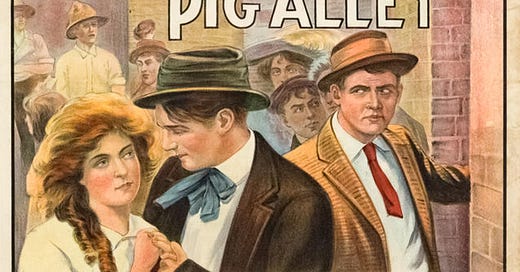



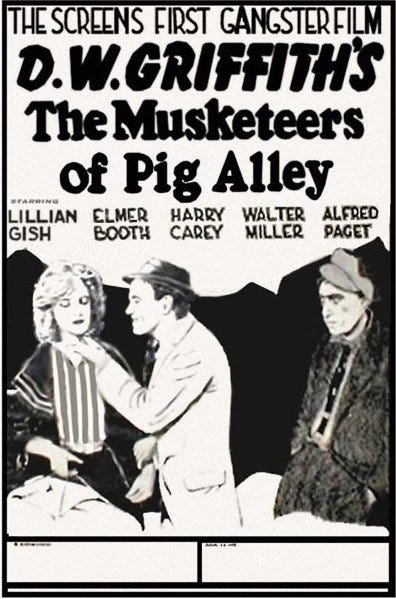

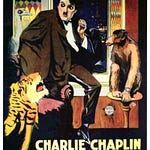
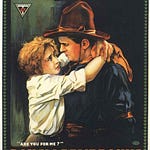
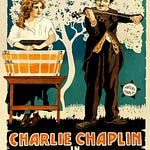

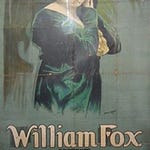
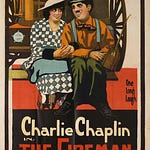

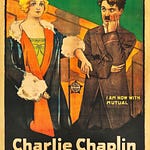
Share this post